Keyword: Persecution of Hizmet by Erdogan

My husband is being tortured and I am worried about his life
My husband was in an exhausted state when he got into the room. There were punch marks on his face. He was suffering psychologically; he begged not to go back down to the detention room. He was saying “If you wish to give me 50 years in prison, do so, but do not take me down there”.

Erdogan’s Lust For Power Is Destroying Turkey’s Democracy
During the past few months I interviewed scores of Turkish citizens who escaped from Turkey following the unsuccessful military coup, fearing for their lives. Many of them left their families behind. Although it has the potential of becoming a major player on the global stage, Turkey’s brilliant prospects are being squandered because of President Erdogan’s insatiable lust for power.

Former Turkish officer at NATO: Coup attempt was never meant to succeed
A former Turkish officer who served at NATO headquarters in Brussels but was sacked and recalled to Turkey as part of an investigation into a failed coup on July 15 claims that the putsch was clumsily executed and never intended to bring down the government, but rather served President Erdoğan to eliminate his opponents.
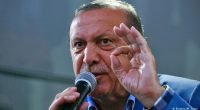
Why the West ‘failed to understand’ Turkey
Erdoğan has exploited the presence of Gülen-inspired people in the state bureaucracy as a tool to silence all opposition and grasp yet more power. If the Gülen movement did not exist, the president would have needed to create another “enemy of the state” to fight against in order to reach his ultimate aim.

Sultan of Zing: Erdogan’s power trip makes African pit stop
Erdogan came to Tanzania, Mozambique and Madagascar believing that if he waved around the prospect of massive investment, the governments would shut down the Gulen schools and give marching orders to the Turkish nationals running them. It turned out at the African states quite like having well-resourced schools catering for the local elites and did not oblige.
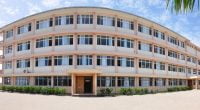
Erdogan in Africa: Gulen and trade ties
Erdogan wants the Gulen-linked schools in Africa to be closed down, yet they are the very educational establishments which are popular with Africa’s middle class. They are an inexpensive alternative to French schools. If parents send their children to Turkish schools, it is not because the schools are Turkish, but because they employ good teachers. Africa’s middle class want good schools.
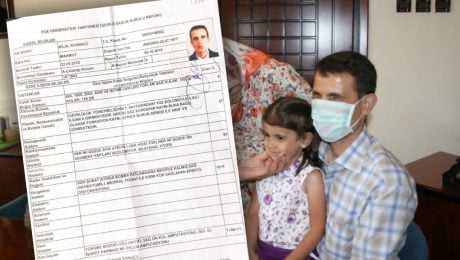
Retired on disability, former bomb disposal expert kept in jail for a month over Gülen links
Bilal Konakçı, a former bomb disposal expert for the İzmir Police Department who was retired after he lost his right hand and both eyes while trying to dispose of a bomb in 2009, was detained on Dec. 20 over links to the faith-based Gülen movement, and his wife is worried about his health as authorities refuse to allow the family to contact him.

Erdogan in East Africa to fight against Gulen
Turkish President Recep Tayyip Erdogan arrived in Tanzania on January 22 to launch a three-nation East Africa tour to crack down against Fethullah Gulen. Erdogan is targeting an international network of charities and schools affiliated with a movement run by US-based Gulen.

5 children abandoned in front of prison as mother detained
A video shared on social media shows five children left alone in tears in front of a Prison in Ankara after their mother was detained while they were visiting their father in prison. In the video a child opens the door of a car in the prison parking lot, showing his brothers crying, and says in tears, “We are five brothers, left alone. We have a handicapped brother. I commend those people to God’s punishment.”

Erdogan targets Hizmet inspired schools on Africa visit
Turkey’s involvement in Africa feeds into the Turkish ruling party’s “self-perception as the protector of Muslims and Muslim minorities around the world.” There is also the understanding that the existing Gulenist networks in the West are harder to take on because of Turkey’s capability limitations in the West, especially when it comes to influence and imagery problems.
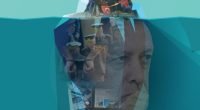
Erdogan plotted Turkey purge before coup, say Brussels spies
The European intelligence contradicts the Turkish government’s claim that exiled cleric Fethullah Gulen was behind the plot to overthrow the Turkish government. Ankara is seeking Mr Gulen’s extradition from the US. The huge wave of arrests was already previously prepared.
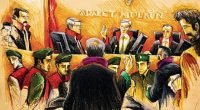
Victims of Turkey’s purge exploited also by lawyers with exorbitantly high fees
Victims of Turkey’s post-coup purge have been taking another toll from lawyers who ask outrageously high prices either to keep themselves out of trouble or to exploit from the lost causes. In Turkey, the presumption of innocence has been dramatically reversed and now everybody is assumed guilty until they prove their innocence.




















